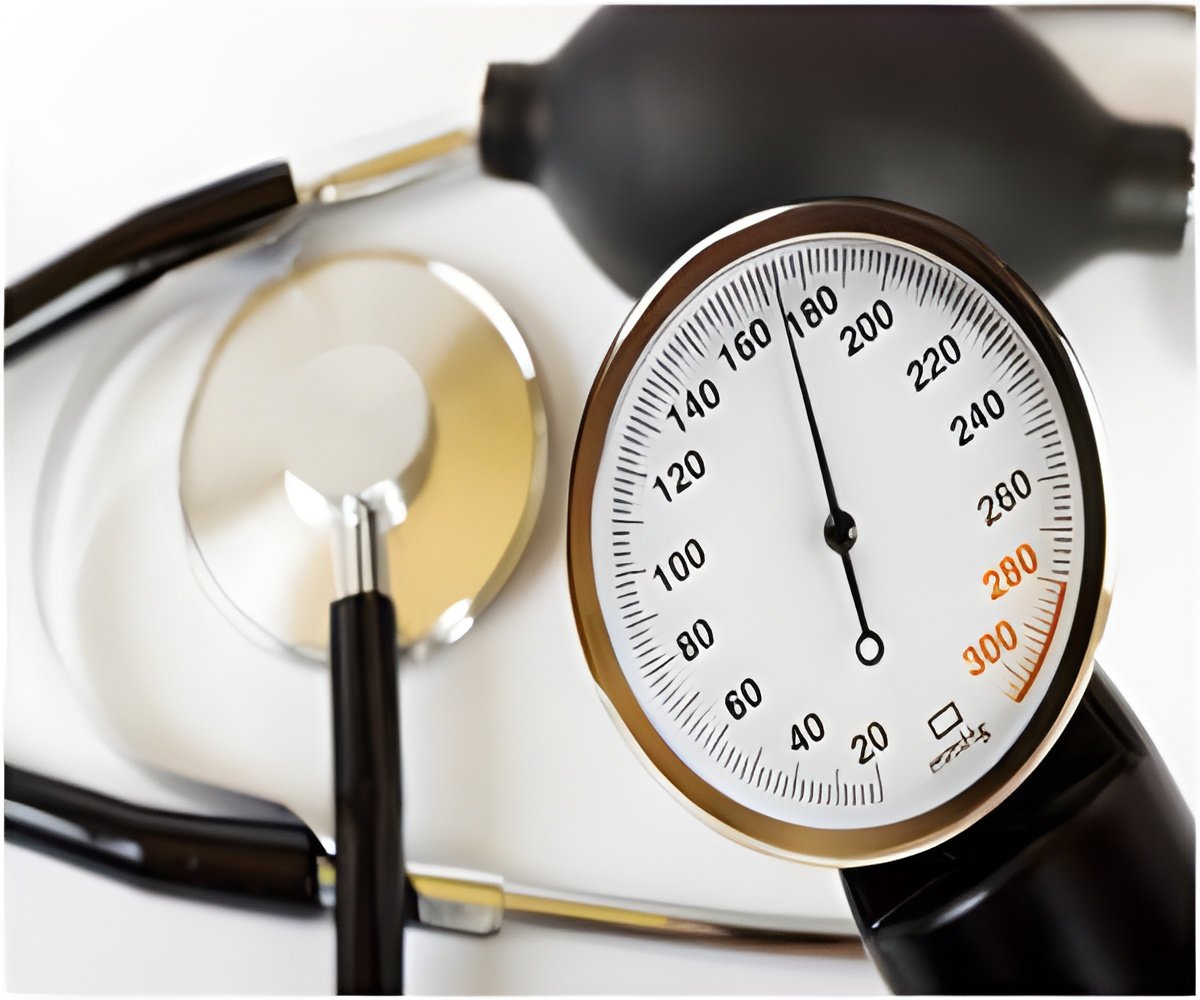There should be an even greater effort to maintain lower blood pressure levels in younger adults to avoid increases in blood pressure over time.

And, of course, people with untreated or uncontrolled high blood pressure were at even greater risk. He stressed that it remains very important to treat high blood pressure and that lowering blood pressure with antihypertensive medications has been found to lower the risk of cardiovascular disease significantly in middle-aged and older adults.
The new findings strongly suggest that there should be an even greater effort to maintain lower blood pressure levels in younger adults to avoid increases in blood pressure over time that may eventually require medication. A greater focus on healthy lifestyles, such as healthier eating patterns, with more fruits and vegetables and lower sodium intake and regular participation in physical activity are the best means for preventing blood pressure levels that might require medication, Lloyd-Jones said.
Results from the CARDIA participants indicate that middle-aged adults with blood pressure well-controlled by medication had longer exposure to higher blood pressure levels throughout young adulthood than those with ideal blood pressure without medication. As a result, they had significantly higher risk of end-organ damage, as measured by left ventricular mass, kidney function, and the presence of coronary artery calcification.
Future studies are still needed to investigate whether earlier treatment with medications could abolish excess cardiovascular disease risk found in this study, according to the authors. The study is published in the Journal of the American Heart Association.
Source-ANI














